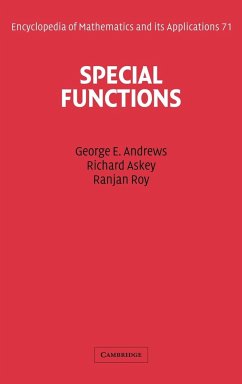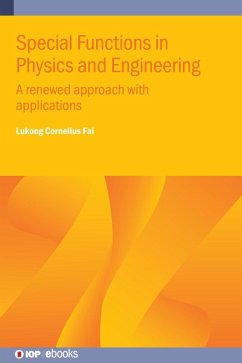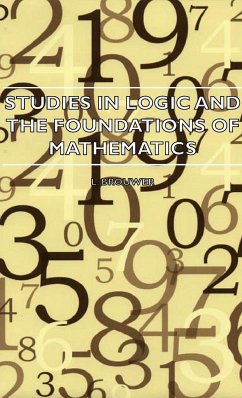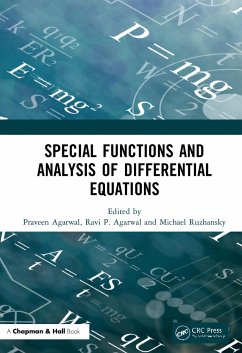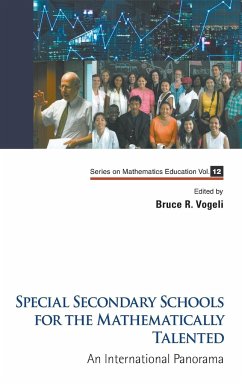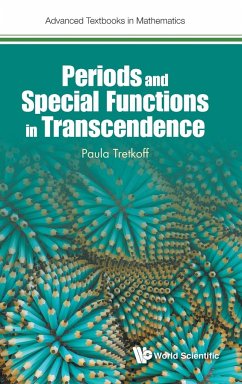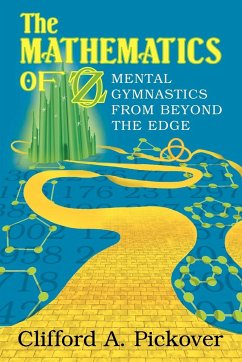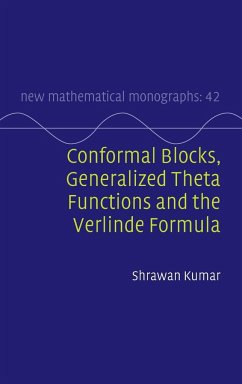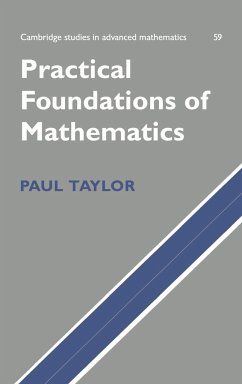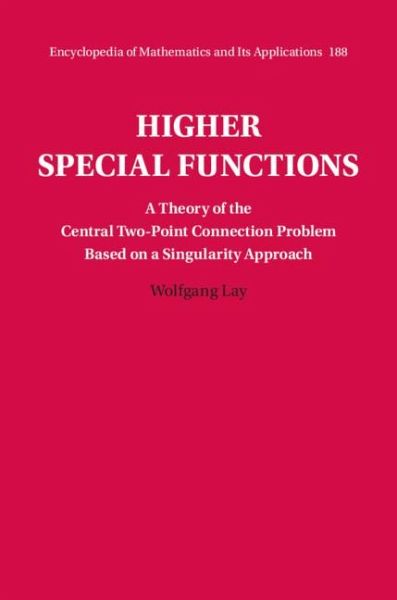
Higher Special Functions

PAYBACK Punkte
54 °P sammeln!
Higher special functions emerge from boundary eigenvalue problems of Fuchsian differential equations with more than three singularities. This detailed reference provides solutions for singular boundary eigenvalue problems of linear ordinary differential equations of second order, exploring previously unknown methods for finding higher special functions. Starting from the fact that it is the singularities of a differential equation that determine the local, as well as the global, behaviour of its solutions, the author develops methods that are both new and efficient and lead to functional relat...
Higher special functions emerge from boundary eigenvalue problems of Fuchsian differential equations with more than three singularities. This detailed reference provides solutions for singular boundary eigenvalue problems of linear ordinary differential equations of second order, exploring previously unknown methods for finding higher special functions. Starting from the fact that it is the singularities of a differential equation that determine the local, as well as the global, behaviour of its solutions, the author develops methods that are both new and efficient and lead to functional relationships that were previously unknown. All the developments discussed are placed within their historical context, allowing the reader to trace the roots of the theory back through the work of many generations of great mathematicians. Particular attention is given to the work of George Cecil Jaffé, who laid the foundation with the calculation of the quantum mechanical energy levels of the hydrogen molecule ion.





